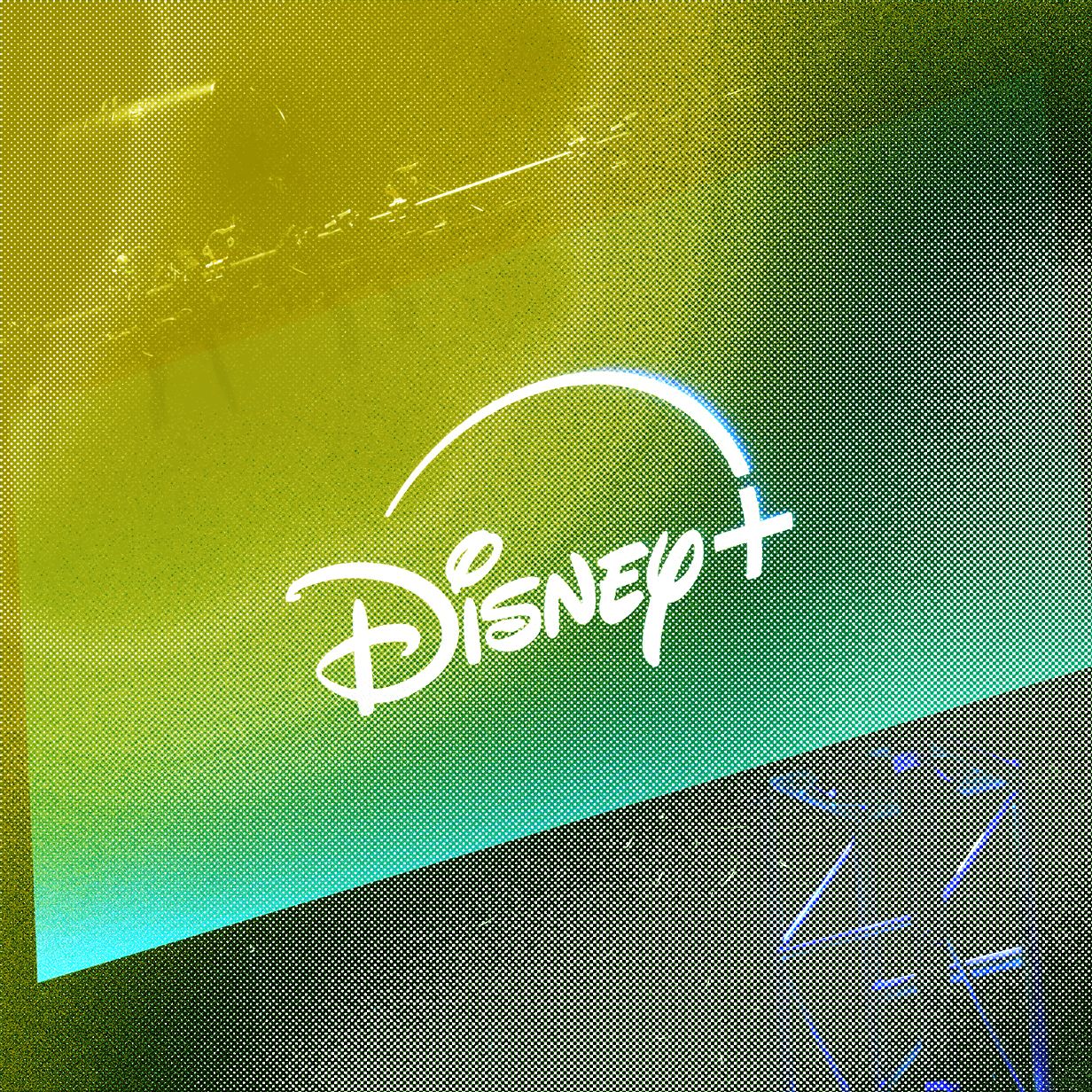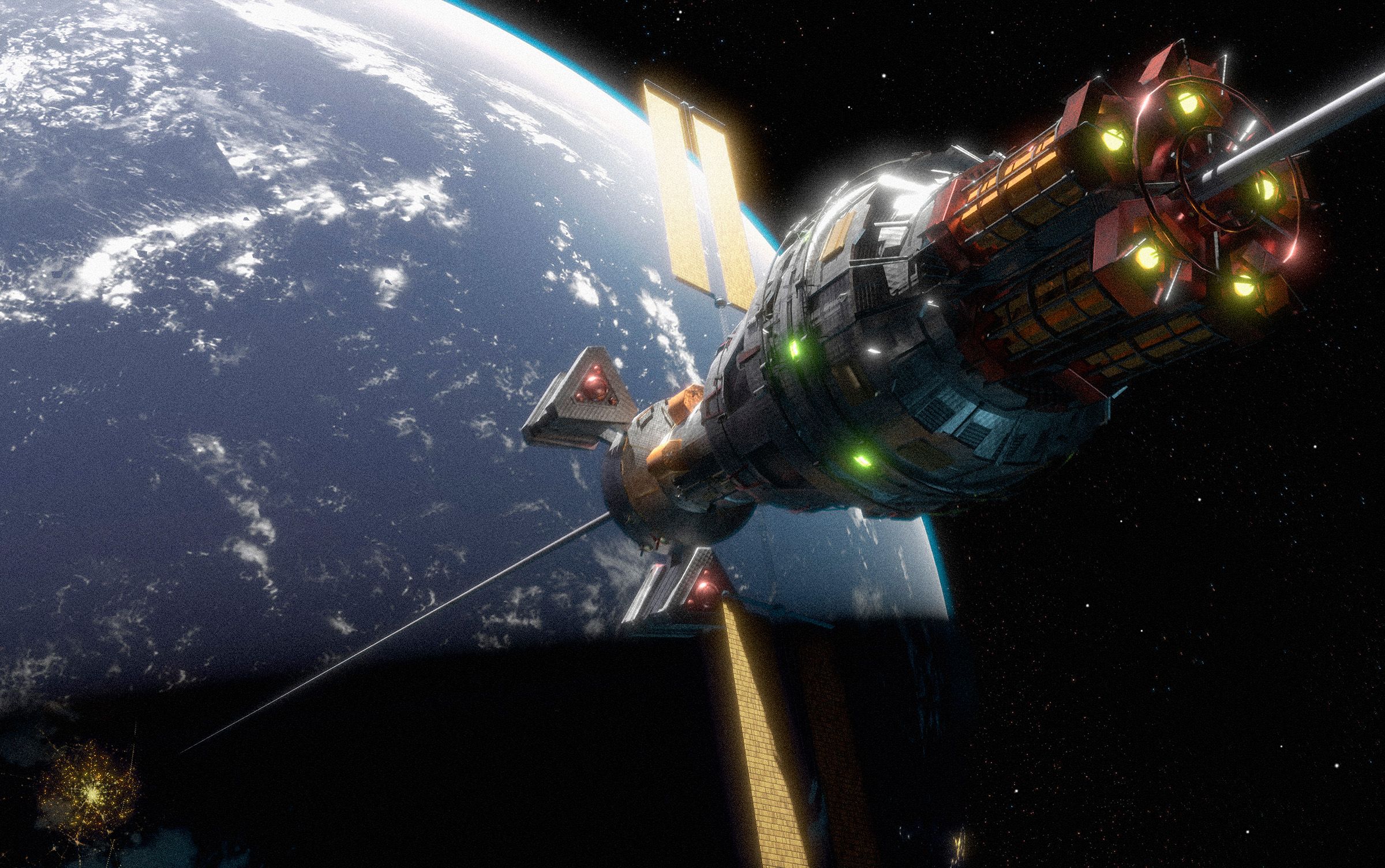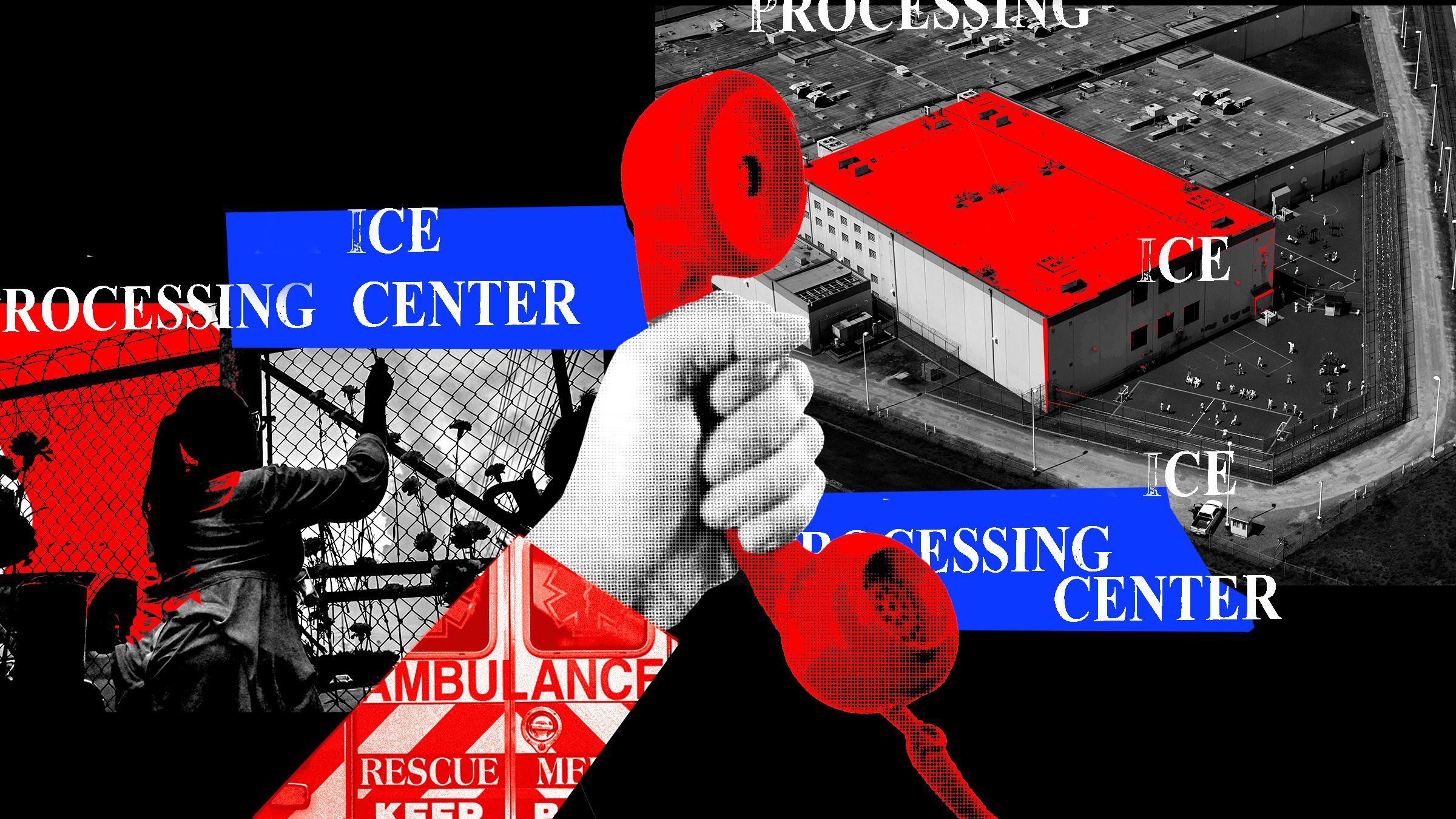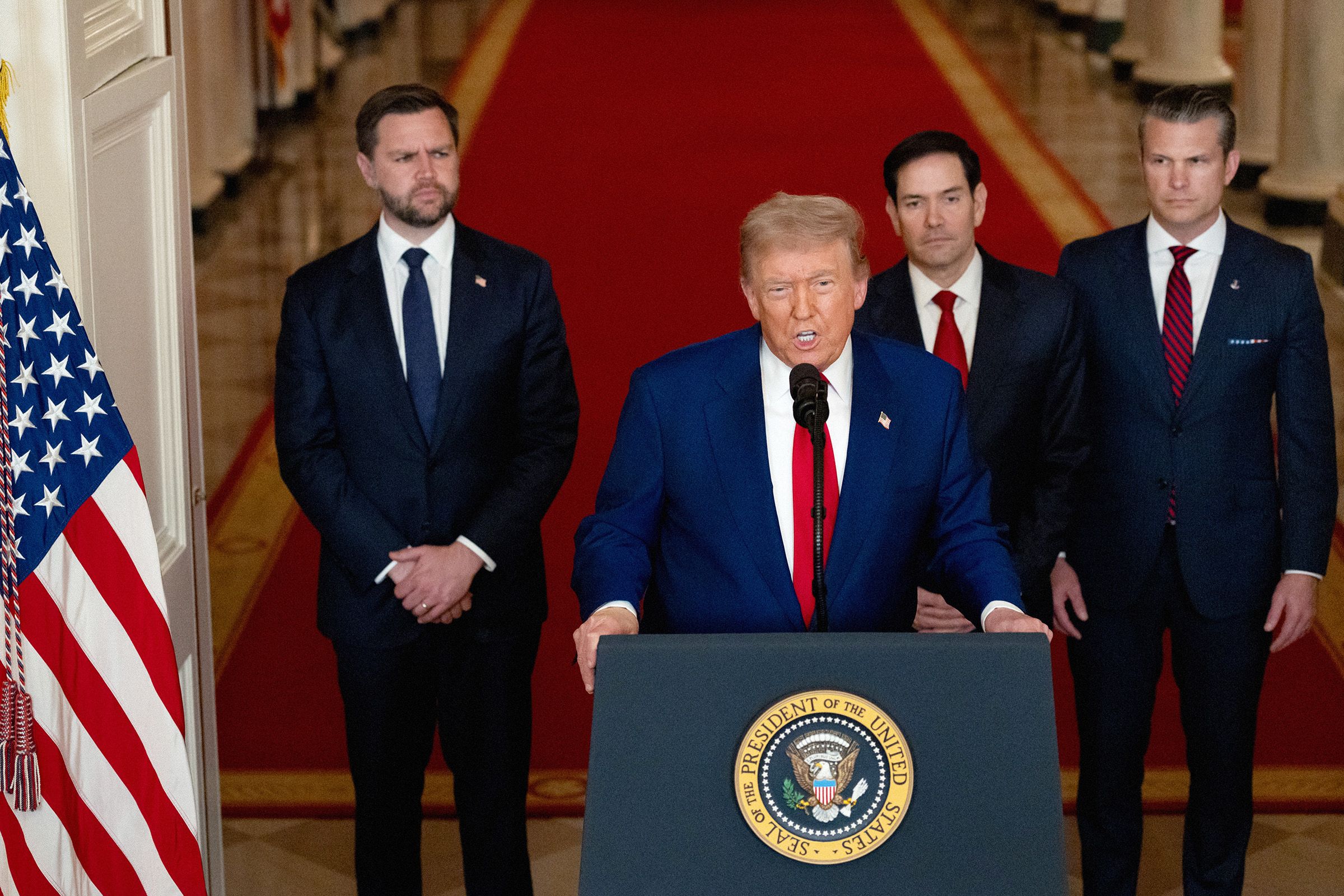Disney and Universal Sue AI Company Midjourney for Copyright Infringement
Disney and Universal Sue AI Company Midjourney for Copyright Infringement
In a shocking turn of events, entertainment giants Disney and Universal have filed a lawsuit against…
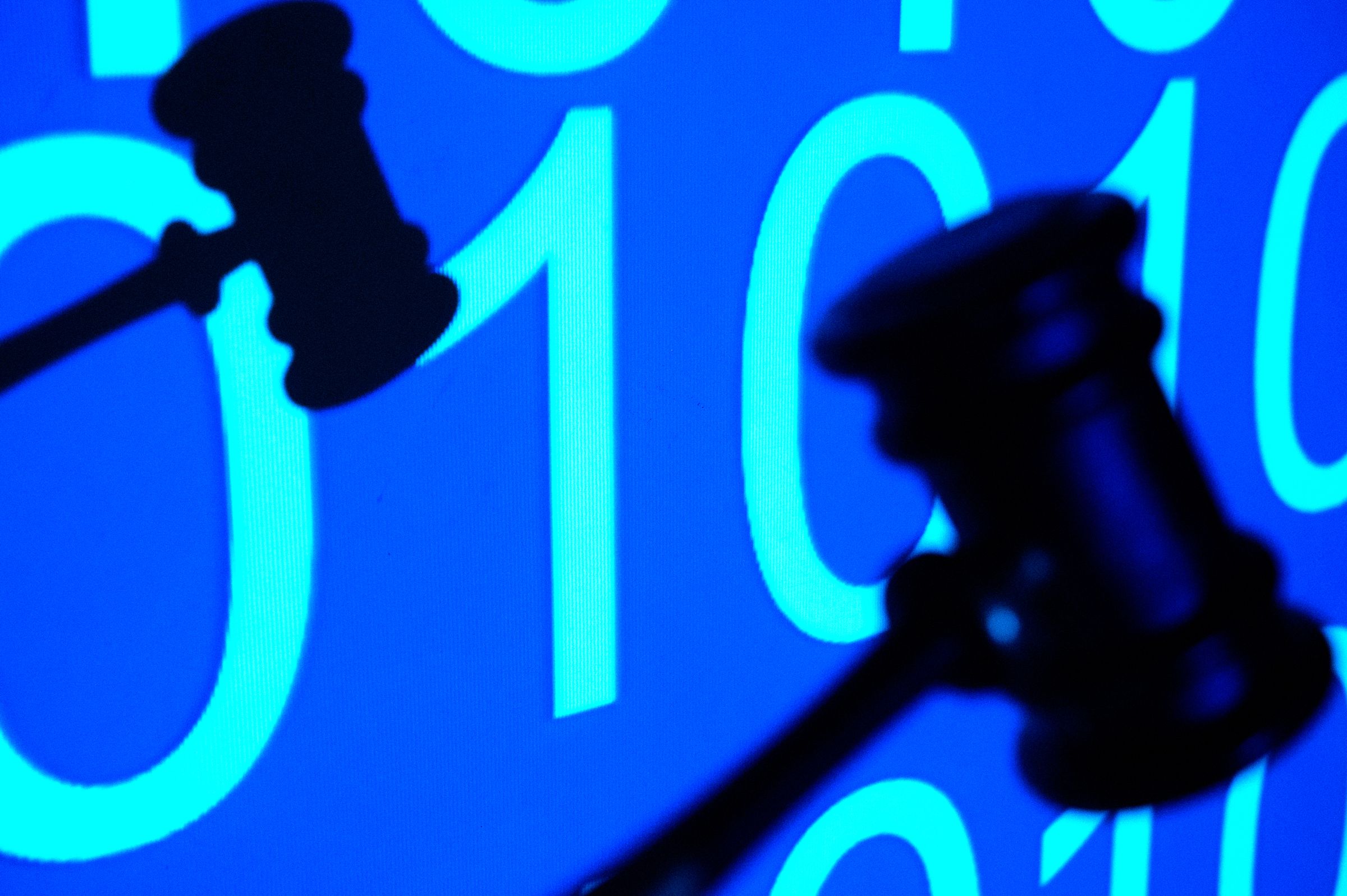
Disney and Universal Sue AI Company Midjourney for Copyright Infringement
In a shocking turn of events, entertainment giants Disney and Universal have filed a lawsuit against Midjourney, a small AI company, for copyright infringement. The lawsuit alleges that Midjourney’s AI technology has been used to create unauthorized versions of popular characters and storylines owned by Disney and Universal.
According to the lawsuit, Midjourney’s AI software has been trained on copyrighted material without permission, resulting in the creation of derivative works that closely resemble the original content. Disney and Universal claim that these unauthorized works have the potential to confuse consumers and dilute the value of their intellectual property.
This legal battle highlights the growing concern within the entertainment industry about the potential misuse of AI technology. As AI becomes more advanced, the line between original and derivative works becomes increasingly blurred, making it more challenging for companies to protect their intellectual property.
Both Disney and Universal are seeking damages and an injunction to prevent Midjourney from further infringing on their copyrights. The outcome of this lawsuit could have far-reaching implications for the future of AI technology and its impact on the entertainment industry.
Midjourney has yet to respond to the allegations, but the lawsuit is expected to be closely watched by industry observers and legal experts. The case raises important questions about the role of AI in creative processes and the responsibility of companies to respect the intellectual property of others.
As the legal battle unfolds, many in the entertainment industry will be following the case closely to see how the courts address the complex issues raised by the use of AI technology in creating derivative works. Regardless of the outcome, the lawsuit serves as a stark reminder that companies must tread carefully when using AI to create content based on copyrighted material.


